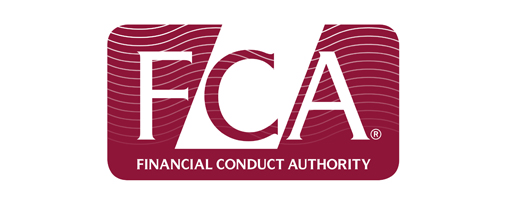The Financial Conduct Authority (FCA) has published finalised guidance on advising defined benefit (DB) pension transfers.
The guidance contains some amendments and additions to draft guidance released in June 2020, but the FCA said it had proceeded with the guidance “largely as consulted”.
The regulator said the three ways in which firms might need to change their processes after reading the guidance included the way in which they collected information about clients’ circumstances, the way collected information was used in order to ascertain if a transfer was suitable, and how they communicated their advice to consumers.
The FCA added that it expected firms to use the guidance to identify weaknesses in their existing processes so that alternative frameworks could be put in place.
The guidance stated: “A well-functioning advice market needs advisers who know how to deliver suitable advice and can help consumers understand what that advice means for them, so that consumers can make informed decisions.
“Since the pension freedoms were introduced in April 2015, our work on DB transfer advice shows firms do not always provide the quality of advice that is required.”
Additionally, the FCA and The Pensions Regulator (TPR) have published a Guide for Employers and Trustees, which sets out what employers and trustees can do to help members with financial matters, without needing to be authorised by the FCA, including examples to illustrate what they can and cannot do.
The FCA said the publications were part of its ongoing focus on DB transfer advice, adding that it was also taking significant supervisory and enforcement action where firms had failed to meet the standards of advice and behaviour expected when giving DB transfer advice.
Commenting on the publications, Canada Life technical director, Andrew Tully, said: “Today’s finalised guidance gives advisers a clear steer what the FCA is expecting around DB transfers. While many people will be better off remaining in their DB scheme there are some specific situations, such as those in ill-health or heavily in debt, where a transfer will be the best outcome.
“The FCA also highlights the inconsistency of record keeping by advisers and provides guidance on the processes advisers may want to put in place so they can establish whether the DB advice is suitable or not. It is right that we have strong controls in place around this complex part of the market but also recognise there is a demand and need for advice.
“This guidance will hopefully help ensure we continue to have a functioning DB transfer market while reducing the instances of poor outcomes for consumers.”
Earlier this month, research from Aegon revealed that the proportion of adviser firms offering DB transfer advice stood at just 22 per cent, down from 41 per cent in 2020, with increased regulatory requirements being cited as one of the reasons behind this reduction.
Aegon pensions director, Steven Cameron, commented: “It’s very helpful that the FCA has published this finalised guidance into all things connected with advice on DB transfers. For those advisers who remain active in this market, it will further clarify regulatory expectations and firms will have greater confidence that their approach is fully aligned with FCA expectations. However, the fact that the guidance runs to 92 pages further emphasises just how extensive the FCA’s requirements are.
"While this guidance will provide further confidence to those firms who specialise in this market, it is unlikely to reverse the general downward trend in the supply of DB transfer advice.”
Latest News
-
Govt urged to prioritise pension policy stability in Spring Statement
-
Just Group underlying operating profit falls by 39%
-
Employers warned modest pension defaults risk worsening adequacy gap
-
Aegon updates modelling tool to help members benchmark retirement needs
-
News in brief - 27 February 2026
-
PPF levy to remain at zero for 2026/27
Private markets – a growing presence within UK DC
Laura Blows discusses the role of private market investment within DC schemes with Aviva Director of Investments, Maiyuresh Rajah
The DB pension landscape
Pensions Age speaks to BlackRock managing director and head of its DB relationship management team, Andrew Reid, about the DB pensions landscape
Podcast: From pension pot to flexible income for life

Podcast: Who matters most in pensions?

In the latest Pensions Age podcast, Francesca Fabrizi speaks to Capita Pension Solutions global practice leader & chief revenue officer, Stuart Heatley, about who matters most in pensions and how to best meet their needs
© 2019 Perspective Publishing Privacy & Cookies










Recent Stories